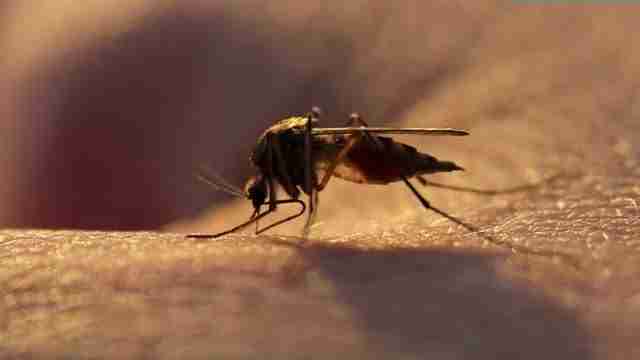India Exits HBHI with Remarkable Malaria Reduction Progress
Why in the news?
India’s malaria cases decreased by 69% and deaths by 68% since 2017, leading to its official exit from WHO’s High-Burden to High-Impact (HBHI) initiative in 2024.
India’s Progress in Malaria Reduction
- According to the World Malaria Report 2024 by WHO, India made remarkable progress in reducing malaria cases and deaths, leading to its official exit from the HBHI (High-Burden to High-Impact) initiative.
- Malaria cases in India dropped from 6.4 million in 2017 to 2 million in 2023 (69% decrease), while deaths fell from 11,100 to 3,500 (68% decrease).
- Community health workers, mainly women, have played a pivotal role in reducing malaria in remote areas.
Global Insights and Upcoming Efforts
- Stakeholders gathered in the UK Parliament to discuss the report and highlight the economic benefits of malaria elimination.
- The upcoming Commonwealth Malaria Report in 2025 aims to strengthen advocacy for comprehensive malaria elimination strategies.
- UK-funded organizations like Zero Malaria and Gavi are contributing to malaria control globally through innovative tools and vaccines.
Malaria’s Impact and Call for Action
- Malaria disproportionately affects marginalized groups, including women, girls, and the poorest populations, especially those in remote regions.
- Barriers such as limited access to prevention tools, diagnosis, and treatment contribute to higher malaria risks for vulnerable groups.
- Astrid Bonfield, CEO of Malaria No More UK, emphasized the need to address gender and socioeconomic inequalities to achieve malaria eradication by 2030.
- Globally, malaria remains a significant concern, with one in 10 children dying from the disease each year.
About Malaria
- Malaria is an acute febrile illness caused by Plasmodium parasites.
- It is transmitted through bites of infected female Anopheles mosquitoes.
- Primarily found in tropical regions, it is life-threatening but preventable and curable.
Transmission of Malaria
- Malaria is non-contagious and spreads only through mosquito bites.
- Plasmodium falciparum and Plasmodium vivax are the most dangerous species causing malaria in humans.
Sources Referred:
PIB, The Hindu, Indian Express, Hindustan Time





